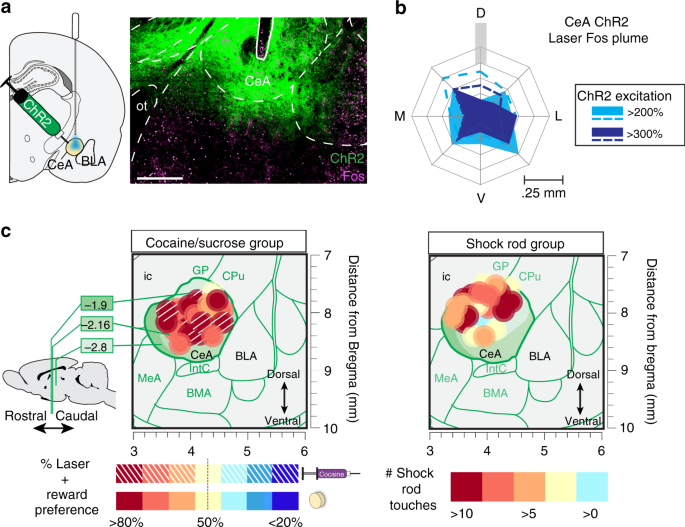EM here. Recently read Robert Sapolsky's "Behave" and went down the no-free will/no-self rabbit hole. Wondering your guys thoughts and how you handle it when it comes to dealing with patients and work in general. To sum it up:
Commonly held view = everyone has a self/soul that is either separate from (religious view) or is an emergent phenomenon of (secular/scientific view) the body and brain. In either case, this self/soul can control the body and brain and makes autonomous decisions whose intentions and results are worthy of praise or blame. While some things are influenced by conditions we can't control (eg patient has epilepsy or schizophrenia), there is still a "ghost in the machine" who bears responsibility for most actions.
Science/Philosophy = Our bodies and brains are made up of the same stuff as the rest of the physical universe and are subject to its laws, eg entropy, electrons going to their lowest states of energy, predictable chemical reactions, etc. We are each handed a deck of genes that is the result of hundreds of millions of years of evolution by natural selection. Which genes we get is dependent not just on our biological parents but also when they had coitus and which sperm got to which egg ("randomness"). Additionally the age and exposures of our parents can effect the quality of genes. These genes contribute to things such as IQ, height, skin color, temperament, disposition towards disease both physical and mental, etc.
These genes combined with the fetal environment lays the groundwork for what are are capable of. A child born to two physician parents living in a developed country with low maternal stress during pregnancy is already in a much better shape compared to a child born to two parents addicted to drugs with lack of prenatal care in a developing country. After birth, access (or lack there of) to nutrition, stable housing, education continues to shape us. The language we are taught dictates how we think and relate to the world. Built upon this language higher level narratives from the cultural milieu and dominant religious of the time being further shape our thoughts and ideas.
When looked as a totality, its easy to see that we don't exist in a vacuum. There is nothing that is a separates "you" from all of those conditions.Additionally each moment is just the causal effect from the immediate preceding moment, going back to the big bang. At no point in this unbroken chain of cause and effect can the "ghost in the machine" make an autonomous decision separate from all of the conditions and events that led to that point.
How its changed me (not perfect but a work in progress):
1) more compassion for patients but also staff and consultants. They didn't choose any of this. From the "drug seeking" patient to the "bitchy" nurse to the "dingus" consultant, none of them could act any different from the way they did. Additionally the conditions continue to contribute to their behavior. The same consultant who is pleasant when calling him at 2PM is angry when calling him at 2AM.
2) less jealousy towards people in general. Eg - Colleague from med school hit it big in industry and is now worth mid 8 figures. Just as it is nonsensical to award the above people in point 1 blame, its hard to award him praise (and thus hard to be jealous).
Thoughts?
Commonly held view = everyone has a self/soul that is either separate from (religious view) or is an emergent phenomenon of (secular/scientific view) the body and brain. In either case, this self/soul can control the body and brain and makes autonomous decisions whose intentions and results are worthy of praise or blame. While some things are influenced by conditions we can't control (eg patient has epilepsy or schizophrenia), there is still a "ghost in the machine" who bears responsibility for most actions.
Science/Philosophy = Our bodies and brains are made up of the same stuff as the rest of the physical universe and are subject to its laws, eg entropy, electrons going to their lowest states of energy, predictable chemical reactions, etc. We are each handed a deck of genes that is the result of hundreds of millions of years of evolution by natural selection. Which genes we get is dependent not just on our biological parents but also when they had coitus and which sperm got to which egg ("randomness"). Additionally the age and exposures of our parents can effect the quality of genes. These genes contribute to things such as IQ, height, skin color, temperament, disposition towards disease both physical and mental, etc.
These genes combined with the fetal environment lays the groundwork for what are are capable of. A child born to two physician parents living in a developed country with low maternal stress during pregnancy is already in a much better shape compared to a child born to two parents addicted to drugs with lack of prenatal care in a developing country. After birth, access (or lack there of) to nutrition, stable housing, education continues to shape us. The language we are taught dictates how we think and relate to the world. Built upon this language higher level narratives from the cultural milieu and dominant religious of the time being further shape our thoughts and ideas.
When looked as a totality, its easy to see that we don't exist in a vacuum. There is nothing that is a separates "you" from all of those conditions.Additionally each moment is just the causal effect from the immediate preceding moment, going back to the big bang. At no point in this unbroken chain of cause and effect can the "ghost in the machine" make an autonomous decision separate from all of the conditions and events that led to that point.
How its changed me (not perfect but a work in progress):
1) more compassion for patients but also staff and consultants. They didn't choose any of this. From the "drug seeking" patient to the "bitchy" nurse to the "dingus" consultant, none of them could act any different from the way they did. Additionally the conditions continue to contribute to their behavior. The same consultant who is pleasant when calling him at 2PM is angry when calling him at 2AM.
2) less jealousy towards people in general. Eg - Colleague from med school hit it big in industry and is now worth mid 8 figures. Just as it is nonsensical to award the above people in point 1 blame, its hard to award him praise (and thus hard to be jealous).
Thoughts?



